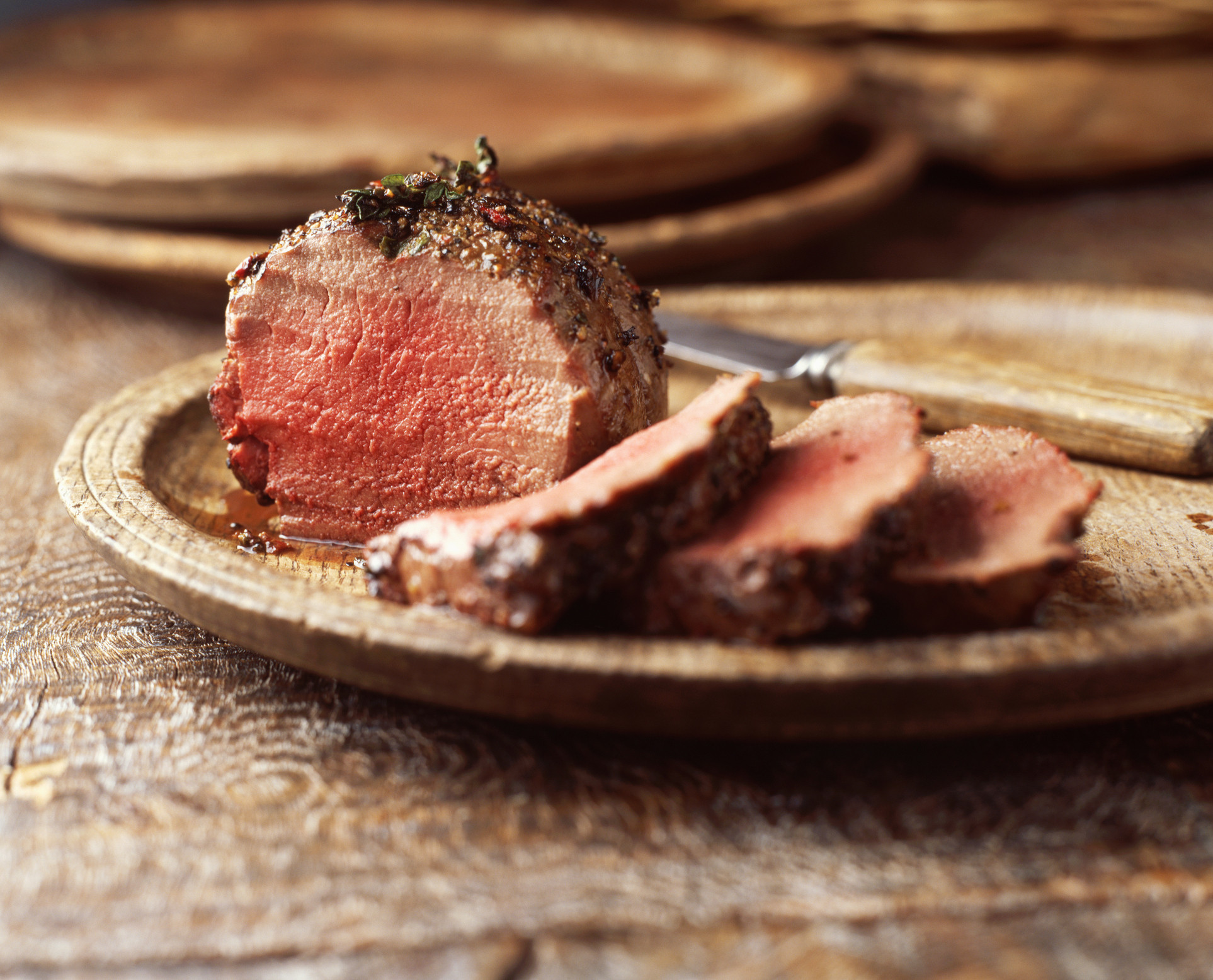
New thinking about plaque in arteries that feed the brain

Want to prevent shifting teeth? Maybe you need retainers

What you need to know about the new dietary guidelines

Food that’s healthier for people and planet can be cheaper, too

New evidence that polyphenol-rich foods help the heart

8 simple ways to reduce ultra-processed foods in your diet

How to curb your stress eating

How to spot Parkinson’s disease symptoms

Heart failure symptoms in women: How they’re different

GERD diet: Foods to avoid to reduce acid reflux
Nutrition Archive
Articles
More evidence that ultra-processed foods harm health
A large 2024 review of evidence found that diets rich in ultra-processed foods were tied to increased risks for premature death, cardiovascular disease, mental health disorders, diabetes, obesity, sleep problems, and other health issues.
How — and why — to fit more fiber and fermented food into your meals
A healthy diet is key to a healthy gut microbiome, which helps the immune system function well and reduces chronic inflammation among other important tasks. And increasing evidence suggests that fiber and fermented foods can play important roles in gut health.
Are eggs risky for heart health?
Large studies have not found evidence of higher rates of heart attacks, strokes, or other cardiovascular diseases in people who eat up to one egg per day.
Eating high-quality carbohydrates may stave off middle-age weight gain
A 2023 study suggests that avoiding low-quality carbohydrates such as refined grains, sugar-sweetened drinks, and starchy vegetables may help middle-aged adults avoid weight gain.

New thinking about plaque in arteries that feed the brain

Want to prevent shifting teeth? Maybe you need retainers

What you need to know about the new dietary guidelines

Food that’s healthier for people and planet can be cheaper, too

New evidence that polyphenol-rich foods help the heart

8 simple ways to reduce ultra-processed foods in your diet

How to curb your stress eating

How to spot Parkinson’s disease symptoms

Heart failure symptoms in women: How they’re different

GERD diet: Foods to avoid to reduce acid reflux
Free Healthbeat Signup
Get the latest in health news delivered to your inbox!
Sign Up











